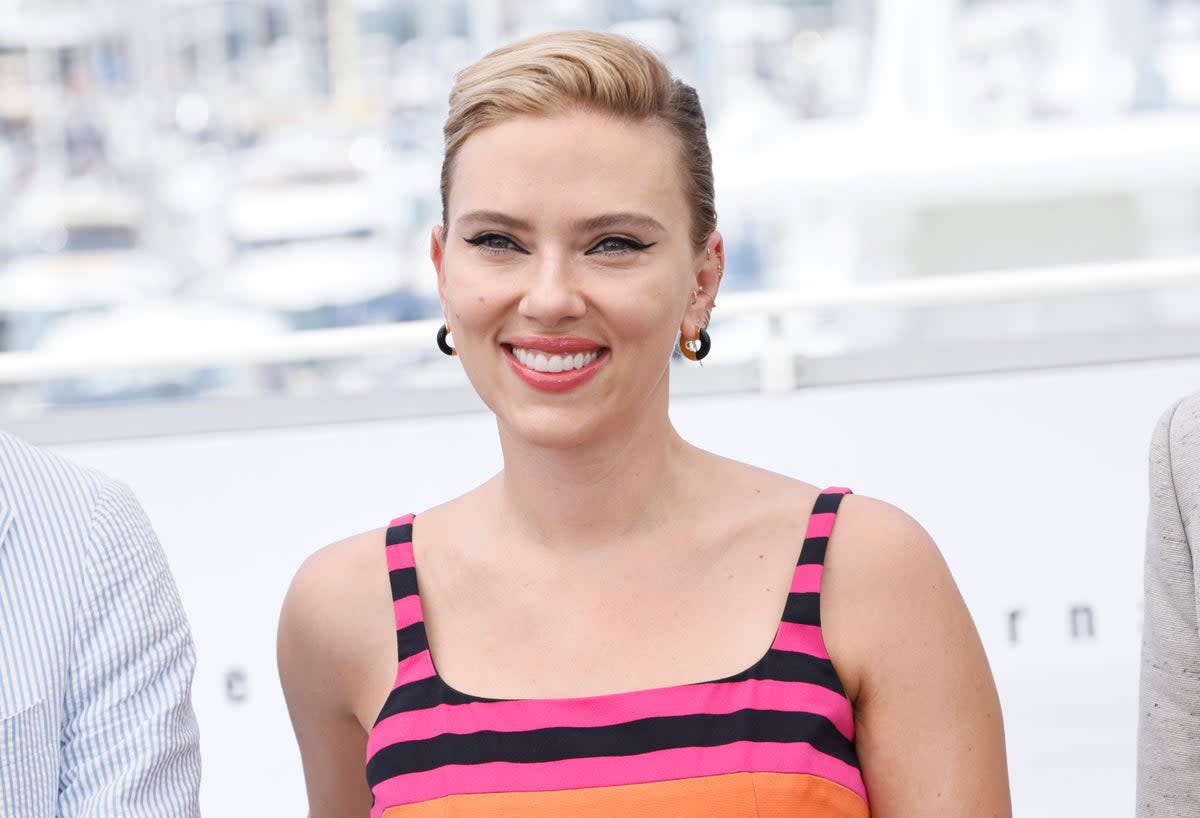OpenAI pulls controversial voice for ChatGPT over claims its imitated Scarlett Johansson

OpenAI has pulled one of ChatGPT voices after a controversy.
The voice, known as ‘Sky’, is intended to allow ChatGPT to communicate with its users through speech. It is one of a range of options available within the artificial intelligence tool.
But in recent days the company has been criticised and mocked for the ‘Sky’ voices apparent similarity to Scarlett Johansson, with the outrage becoming so popular that it featured on Saturday Night Live. Many suggested that the voice had been created to reference Her, the film in which Johansson plays a virtual assistant with which a man falls in love.
OpenAI chief executive officer Sam Altman appeared to confirm those suggestions when he tweeted the word “her” in the wake of a recent event. And he has previously said that Her is his favourite film.
But as the controversy began, OpenAI denied that the voice had been based on Scarlett Johansson’s, or that it had been built to mimic her.
Nonetheless, OpenAI said that it would be “pausing” the availability of the voice, in the wake of the backlash. It will stop being available until OpenAI is able to “address” questions about how the voice was chosen, it said.
ChatGPT’s voice mode was actually introduced last year. But it received greater prominence last week, when OpenAI showed off its GPT-4o model which allows the system to become a more fully realised virtual assistant, including understanding people’s facial expressions.
It led to immediate comparisons with Her, as well as questions of how the system might be used and whether it could replace real human interactions.
OpenAI has repeatedly denied that the voice was intended to sound like Scarlett Johansson. It did so again in its announcement that the voice would be paused.
“We believe that AI voices should not deliberately mimic a celebrity’s distinctive voice—Sky’s voice is not an imitation of Scarlett Johansson but belongs to a different professional actress using her own natural speaking voice,” the company wrote. “To protect their privacy, we cannot share the names of our voice talents.”
OpenAI claimed that the voice had been created through work with “independent, well-known, award-winning casting directors and producers”, and that the five voices were chosen from more than 400 submissions from voice and screen actors. It discussed the technology with those that were chosen, it said.
It did not give any of the names of those actors, or anyone else involved in the process.

 Yahoo News
Yahoo News 
